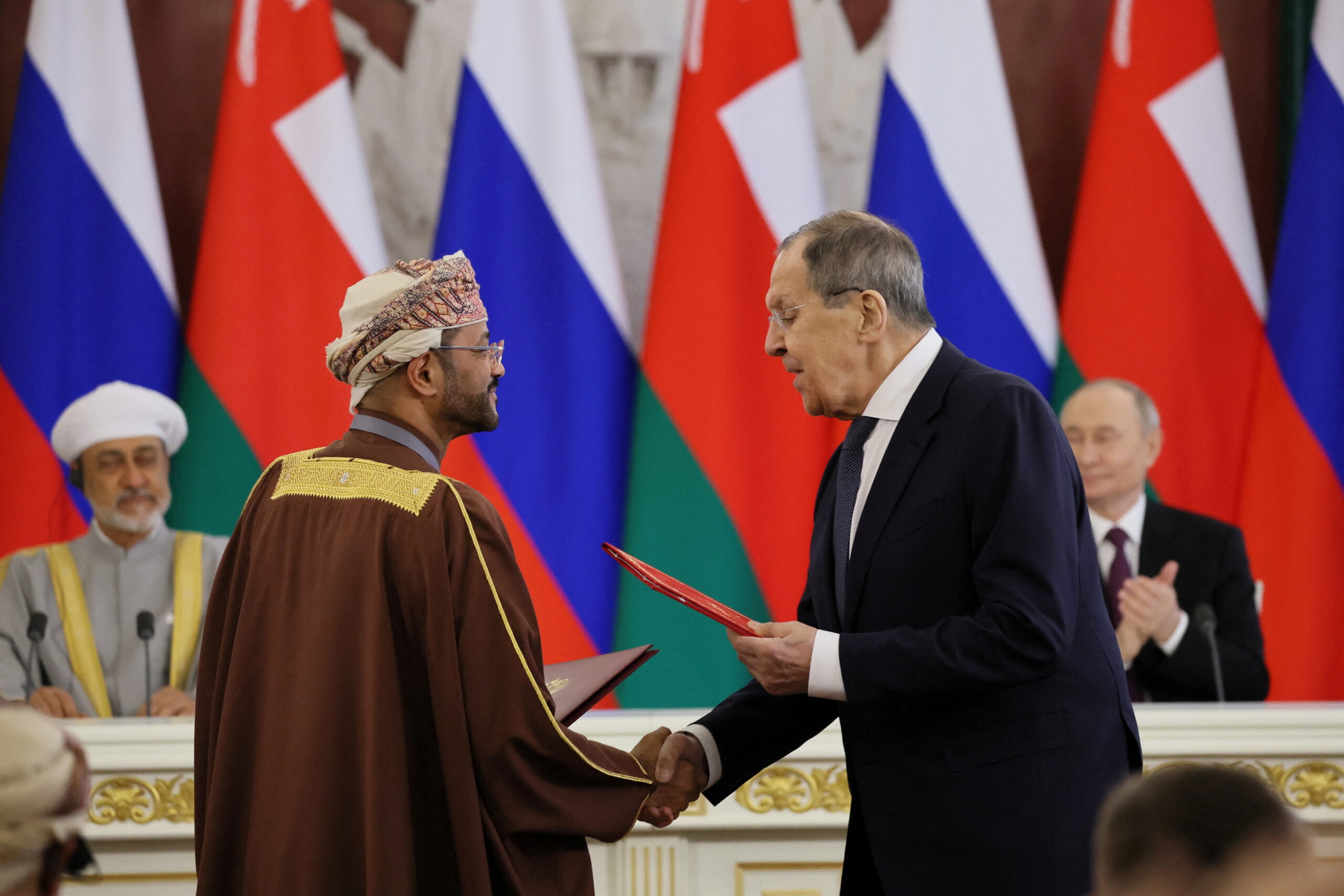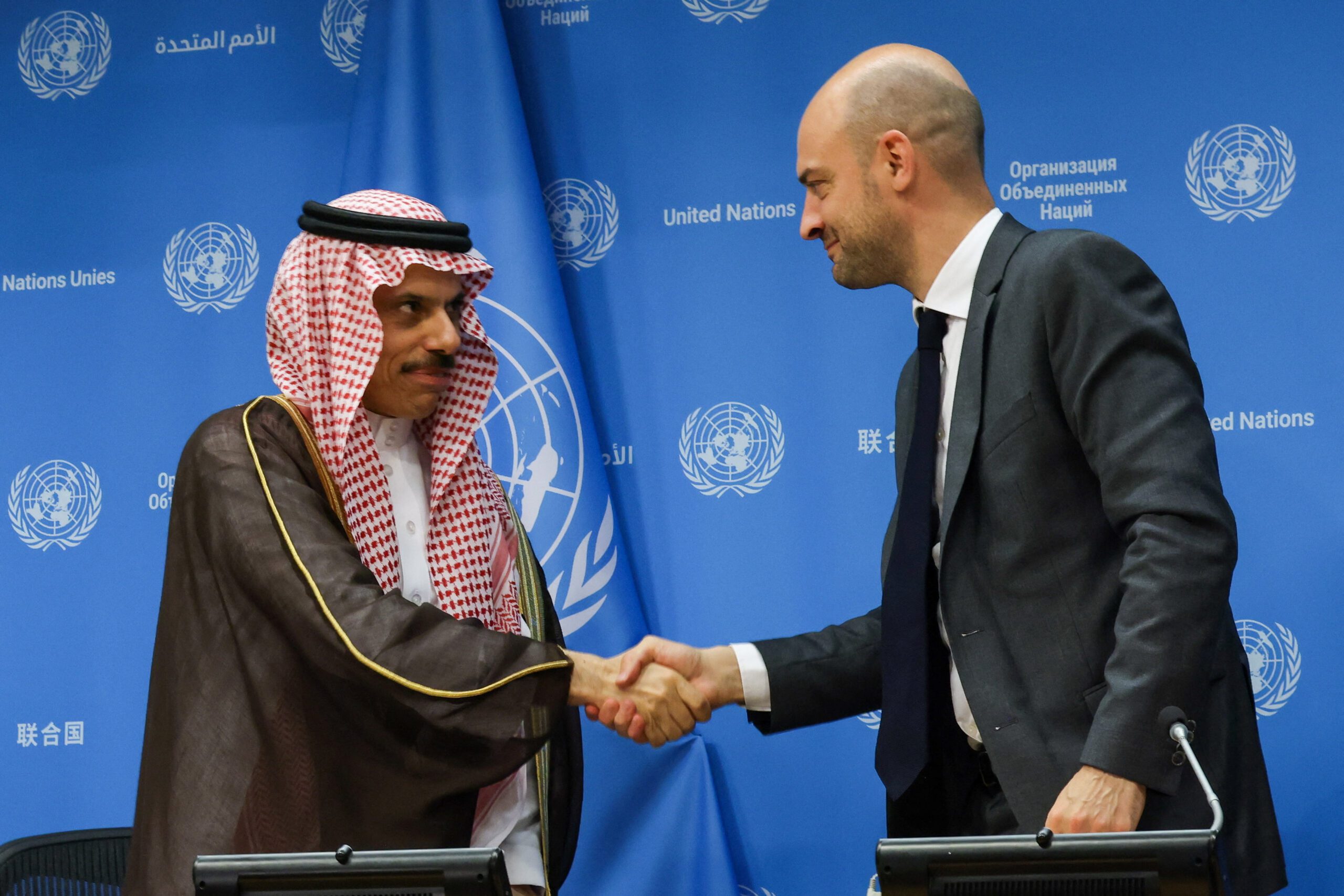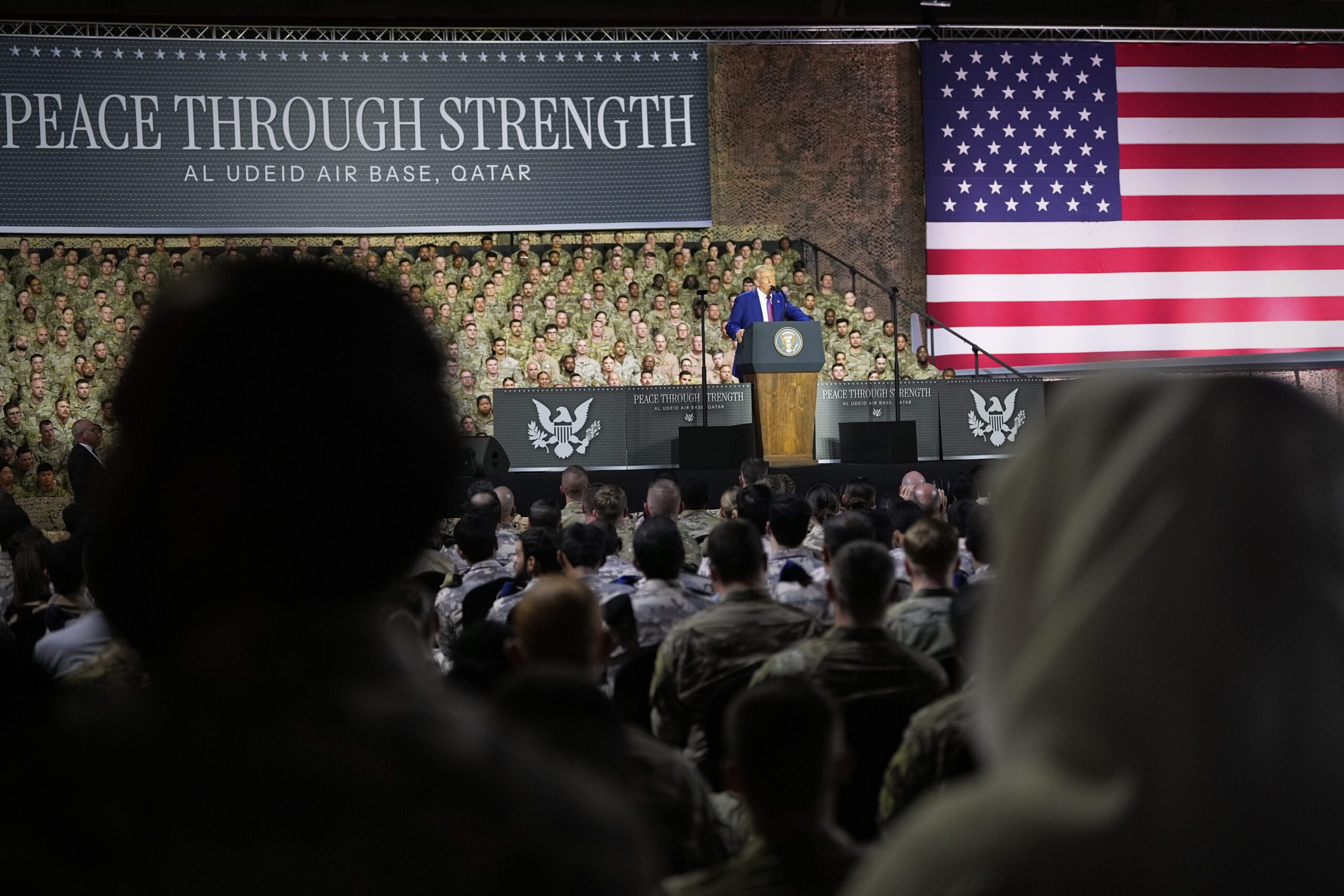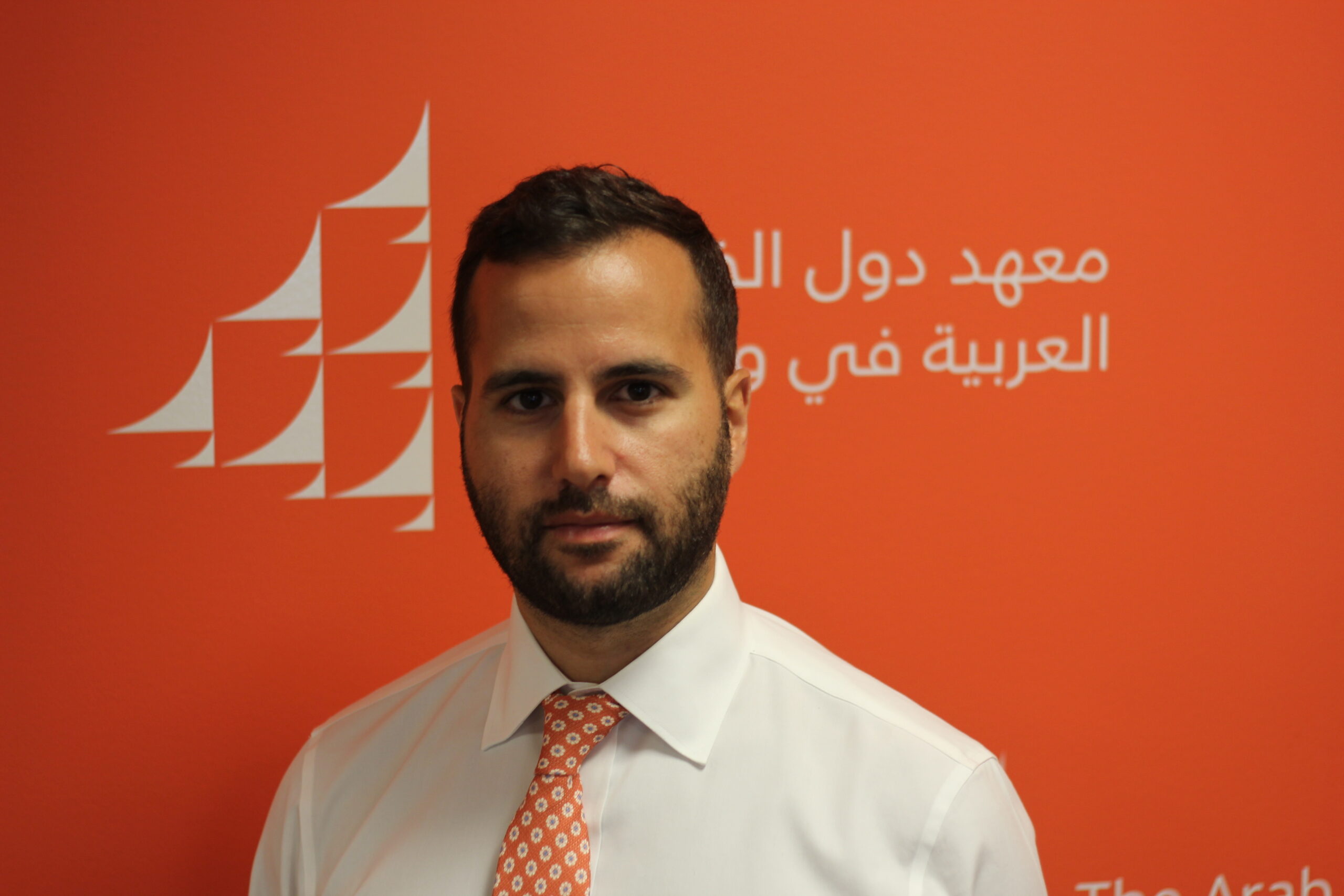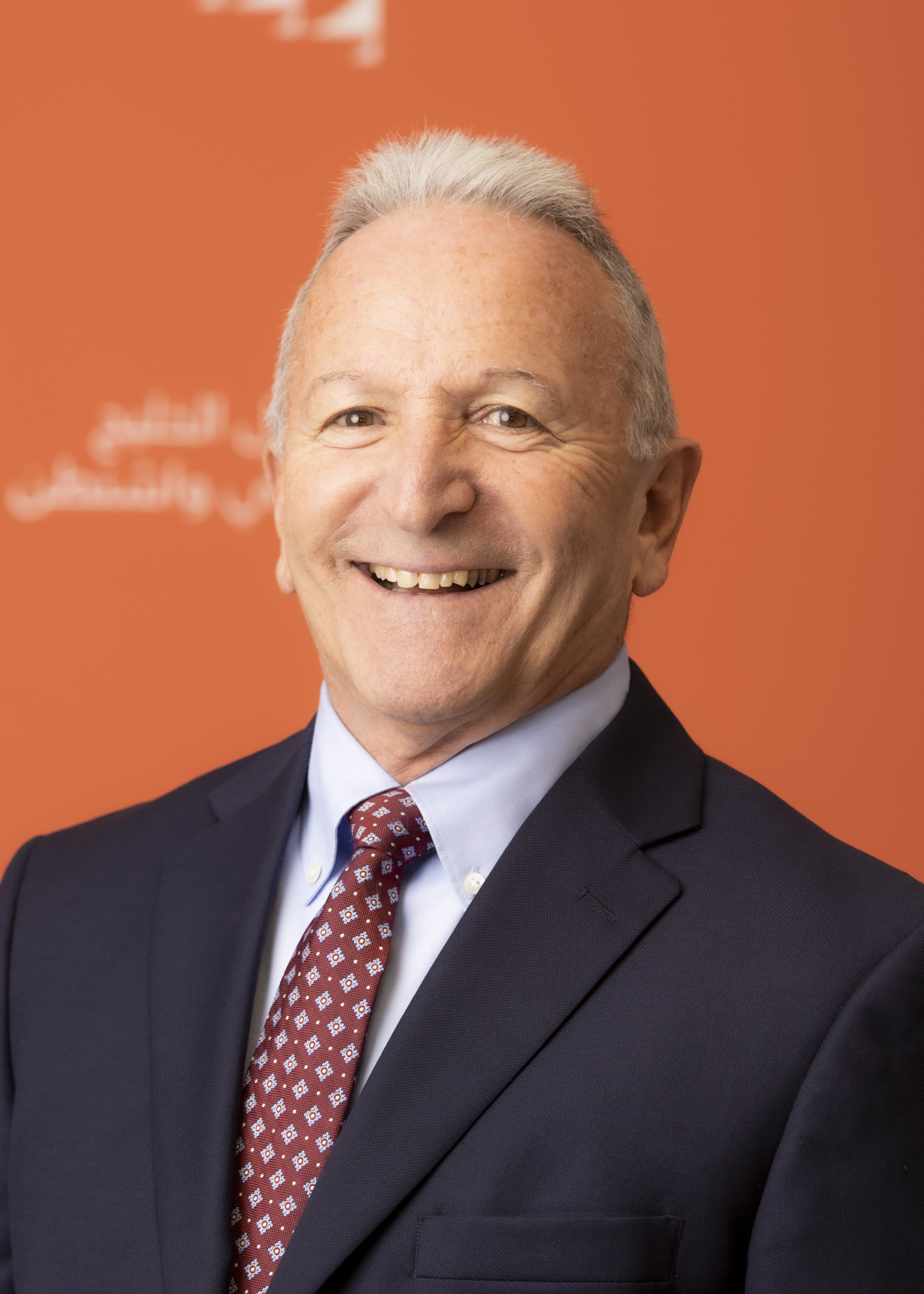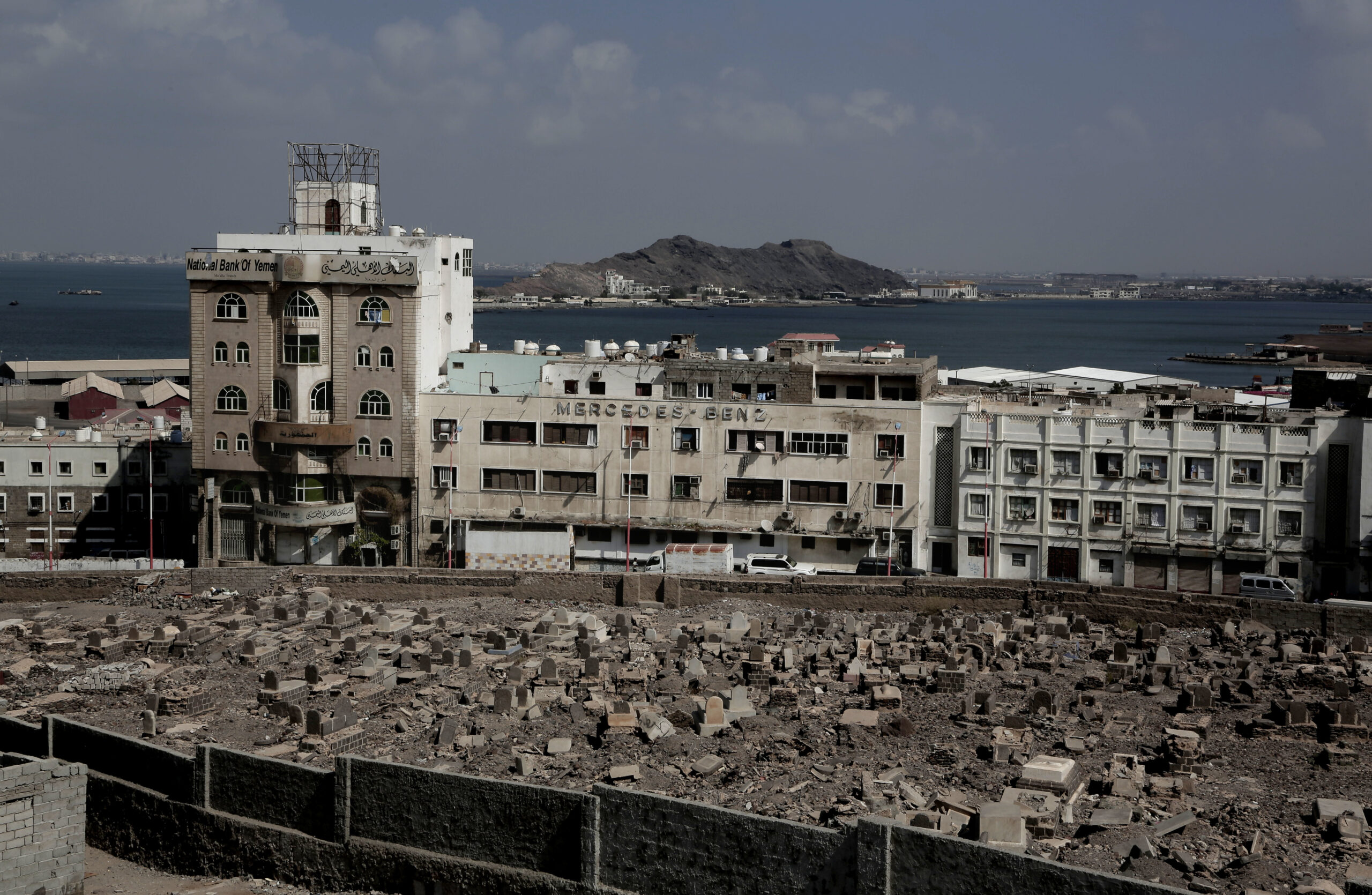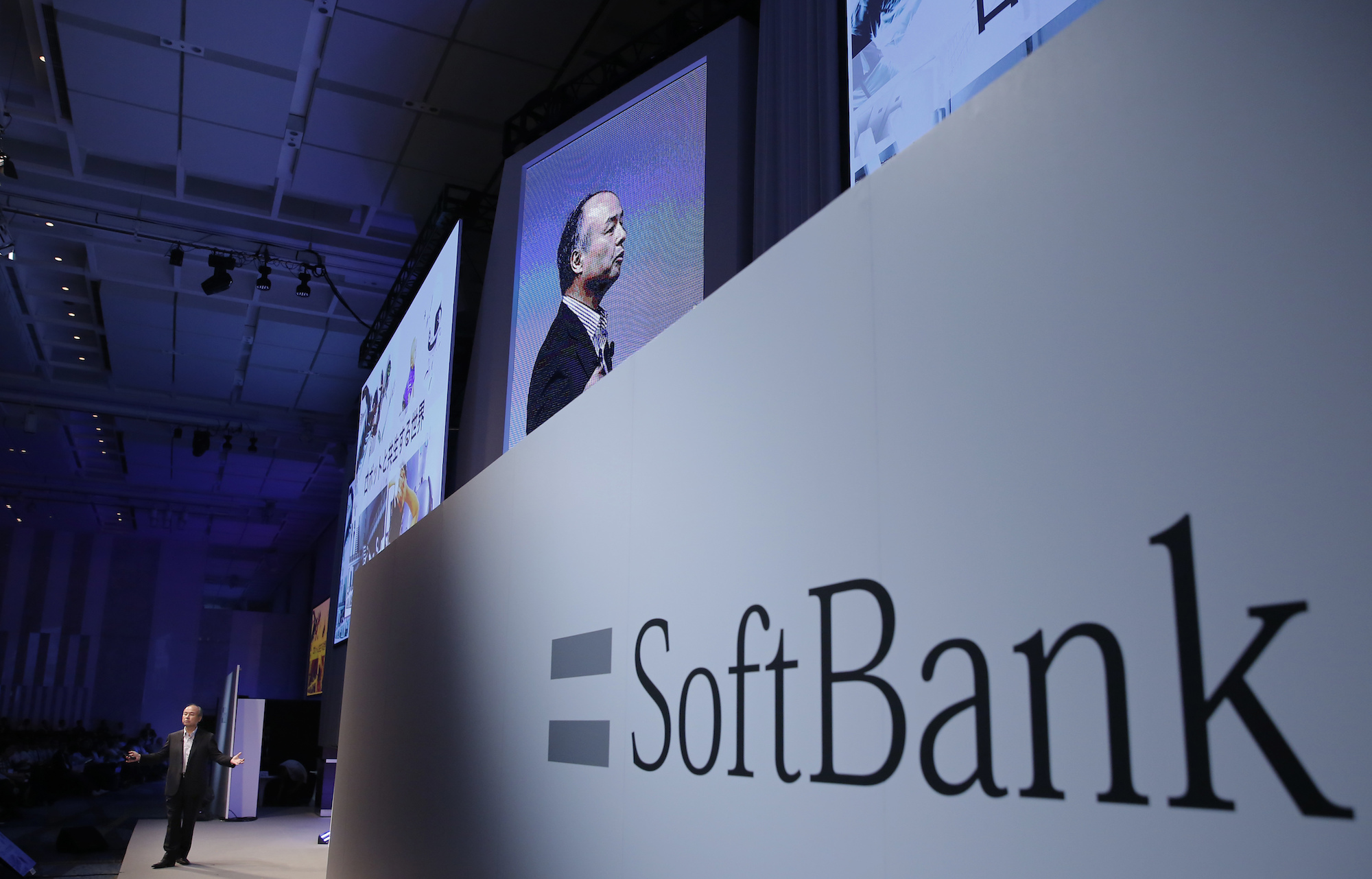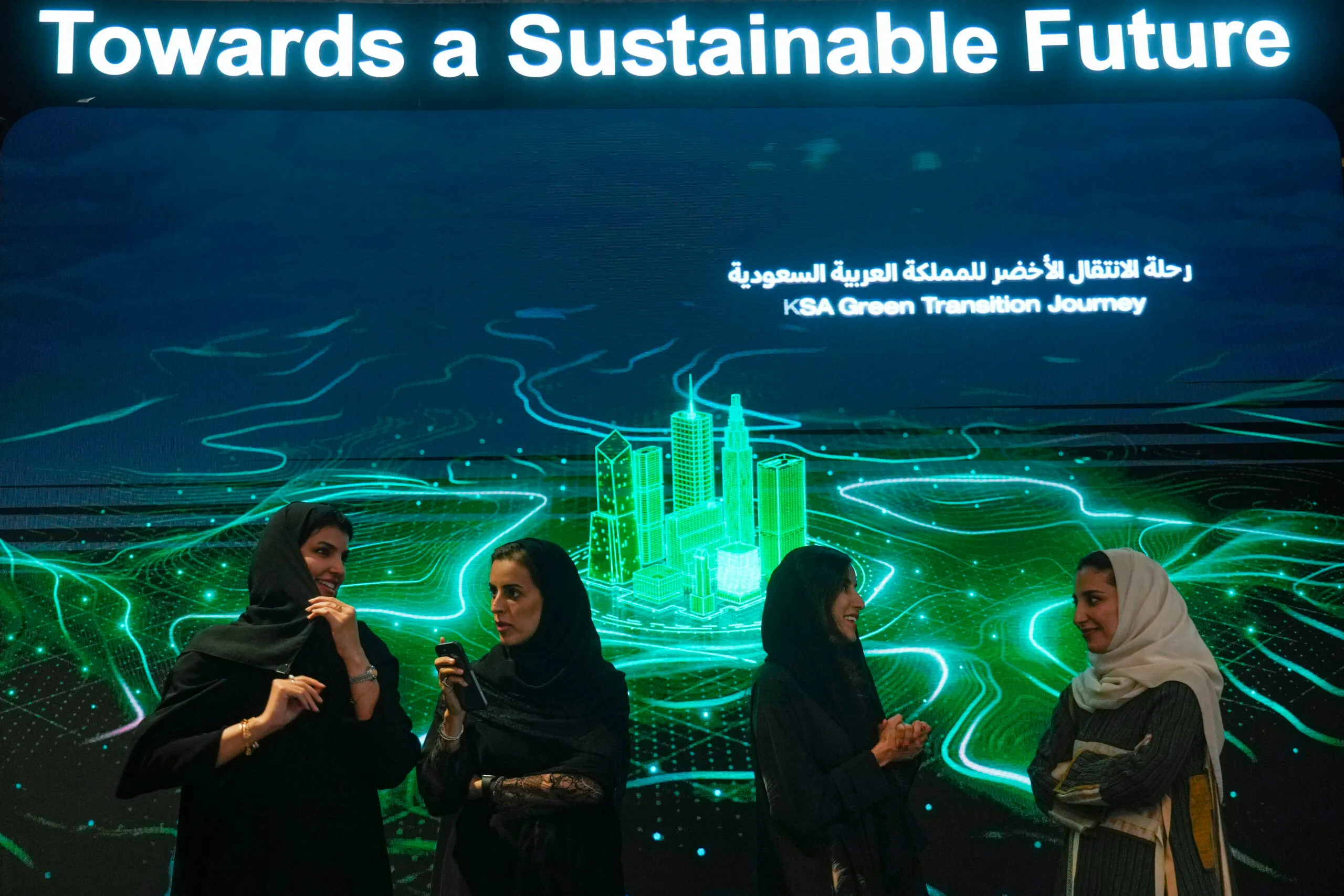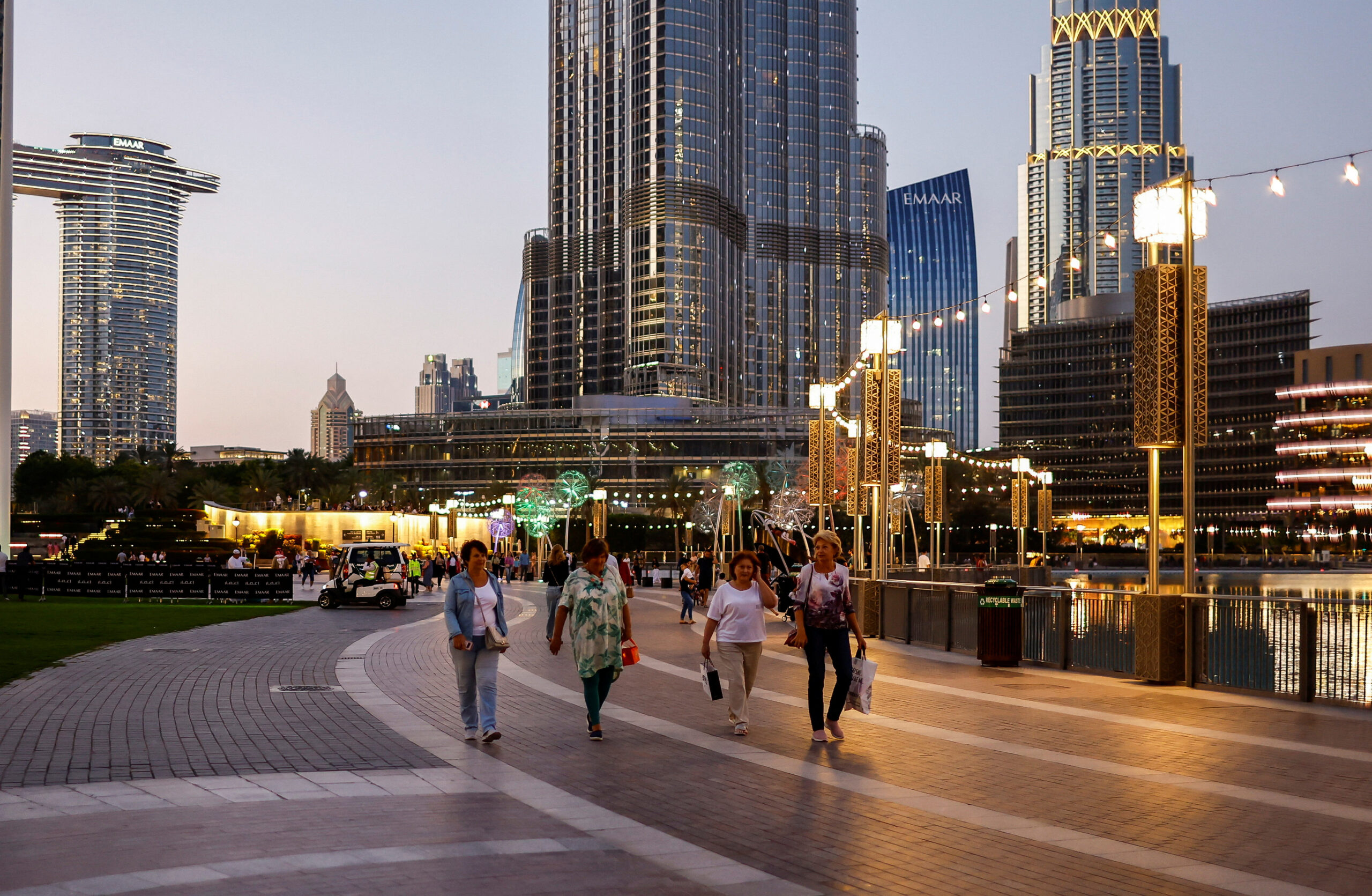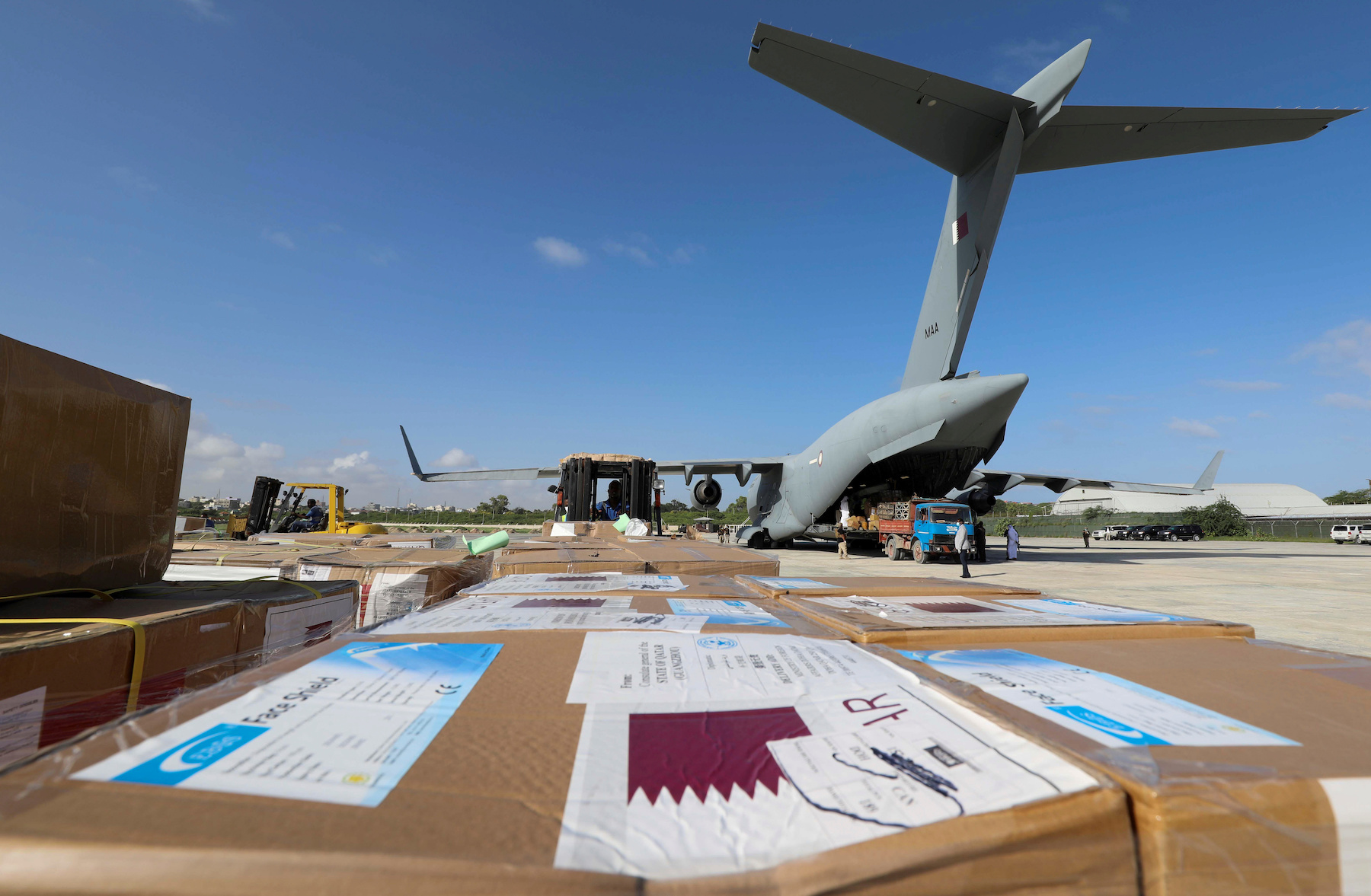The Interventionist Turn in Gulf States’ Foreign Policies
Over the last decade there has been an invigoration of Gulf state agency in regional politics.
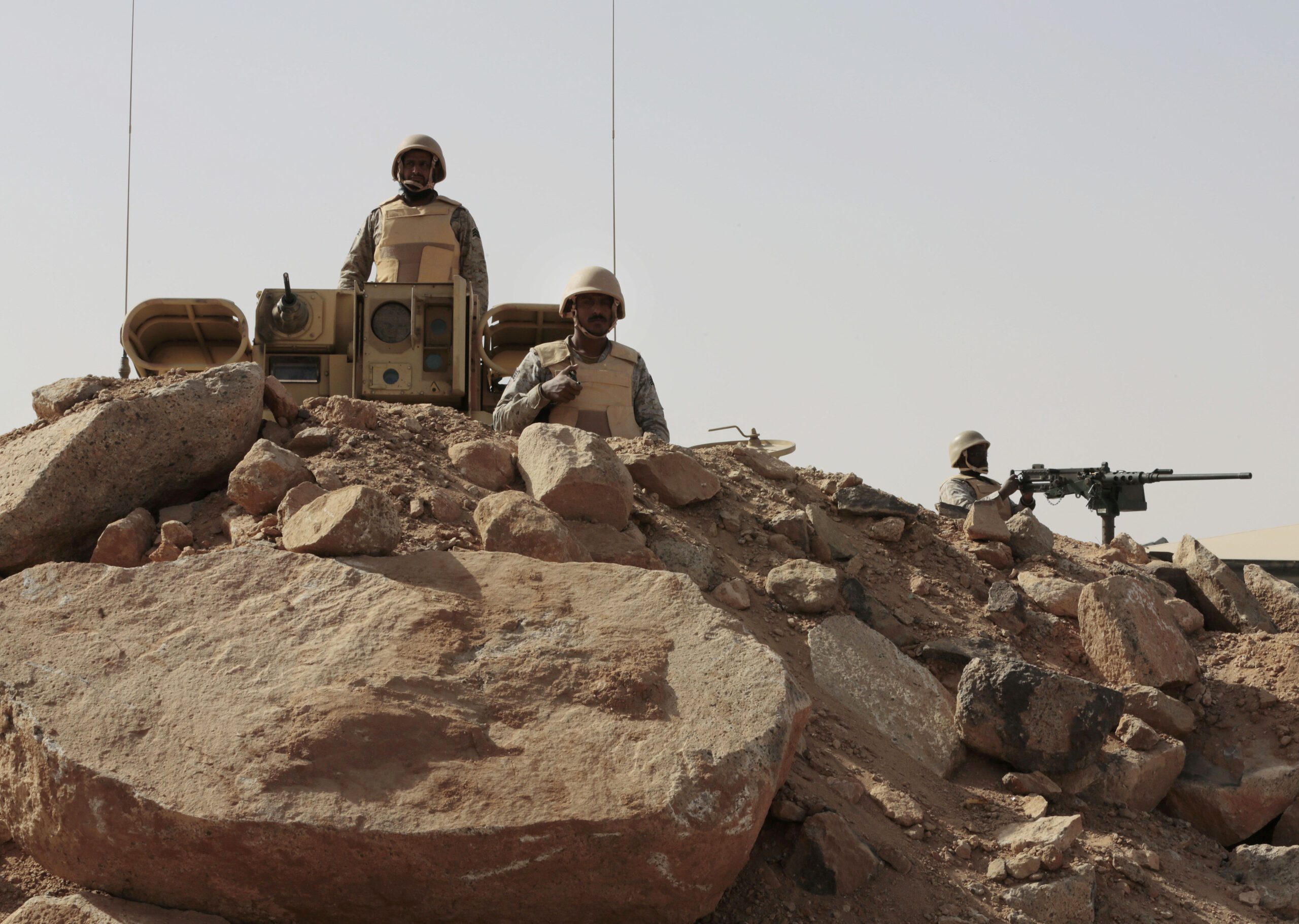
Executive Summary
Over the last decade there has been an invigoration of Gulf state agency in regional politics, from the use of military intervention, to increased bilateral, rather than multilateral, foreign assistance, to an interest in regional leadership that has created an inter-Gulf Cooperation Council rivalry as much as a Middle East and North Africa-wide competition for influence. The perception of U.S. disengagement from the Middle East permeates Gulf states’ justifications for their foreign policy choices, specifically the Saudi rationale for its intervention in Yemen. In Syria, there is a similar rationale from Gulf states that unless they assume a leadership role, including the ability to pose an independent military threat, a power vacuum will further destabilize the region and embolden Iran.
The Arab Gulf states are engaging a regional political landscape without a clear ideological or security center of Arab politics. The post-Arab Spring disorder has diminished Egypt’s traditional claim to that role, while the civil war in Syria has permeated Turkish domestic politics and security, weakening President Recep Tayyip Erdogan’s ability to project an alternative model of (participatory) political Islam to the wider region. The environment is providing a sense of legitimization of the particular Arab Gulf model of political economy: authoritarian governance with liberal economies, often dominated by state-related entities that invest in infrastructure and real estate, subsidized with imported labor and cheap energy costs. This is the logic behind a rising, or emerging, Gulf model of political economy, or at least one that Gulf leaders are keen to project. However, this model is being challenged by the prolonged decline in the price of oil, driven by higher supply from non-OPEC producers and a slowdown by Asian consumers, mainly a decrease in Chinese demand for oil. As much as 70 percent of Gulf countries’ fiscal revenue derives from oil exports, as prices are down from $52 per barrel in 2015 (a low from the boom times of over $100 per barrel in 2013) with forecasts by Moody’s and other energy analysts to remain below $40 per barrel through 2017.
The views represented herein are the author's or speaker's own and do not necessarily reflect the views of AGSI, its staff, or its board of directors.


